Comics Reviews (September 23rd, 2015)
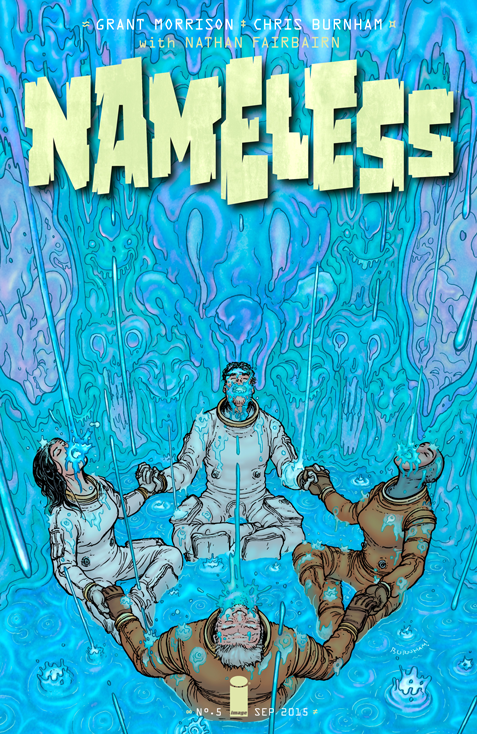 Speaking of reviews, I could use Weird Kitties reviews for Sunday. snowspinner at gmail. Doesn’t have to be long at all; just a recommendation for something Hugo-worthy. (Next up on my reading list, The Dark Forest, but I don’t imagine it’ll be ready for Sunday.)
Speaking of reviews, I could use Weird Kitties reviews for Sunday. snowspinner at gmail. Doesn’t have to be long at all; just a recommendation for something Hugo-worthy. (Next up on my reading list, The Dark Forest, but I don’t imagine it’ll be ready for Sunday.)
From worst to best of what I bought, which was surprisingly little this week. And next week will probably be even more ridiculously small. Ah, the direct market.
Doctor Who: Four Doctors #5 There are some nice moments here – I quite like the Twelfth Doctor’s inversion of Hartnell’s “what’s a breach for” into “what’s a bridge for? Burning.” It’s a pity Neil Edwards is drawing him to look like Peter Cushing in the scene in question. More than a bit uncertain about the Ninth Doctor cameo as well – it seems like a pointless side trip, and the claim that no timeline exists in which he’s not “fantastic” is frankly ridiculous. All in all, a nice bit of fluff, but ultimately marred by being a five week summer event that had three weeks pass between its last two issues and concluded after the series came back and when better-than-average Doctor Who methadone like this was no longer nearly as needed. Fun, but it feels like it should have been so much more.
Nameless #5
Speaking of series hurt by their delays, here’s Grant Morrison’s engagement with nihilism. Somewhat puzzled by his pastiche of the famous seance-gone-wrong sequence in Alan Moore’s Swamp Thing; is he trying to suggest that Moore is a nihilist? Dense and chewy Grant Morrison is always a pleasure, but his heart just doesn’t feel like it’s in this.
Batgirl #44
It’s interesting, there is, by any normal standard, too large a cast here. But the storytelling is clear and does a good job of reintroducing characters as it uses them, and the book is terribly fun. Particular kudos this month to Bengal, who steps in for Babs Tarr and maintains much of the book’s signature high panel-count style (no wonder Tarr needed a break) while bringing her own style to things. This really is one of the best superhero books of its day.…

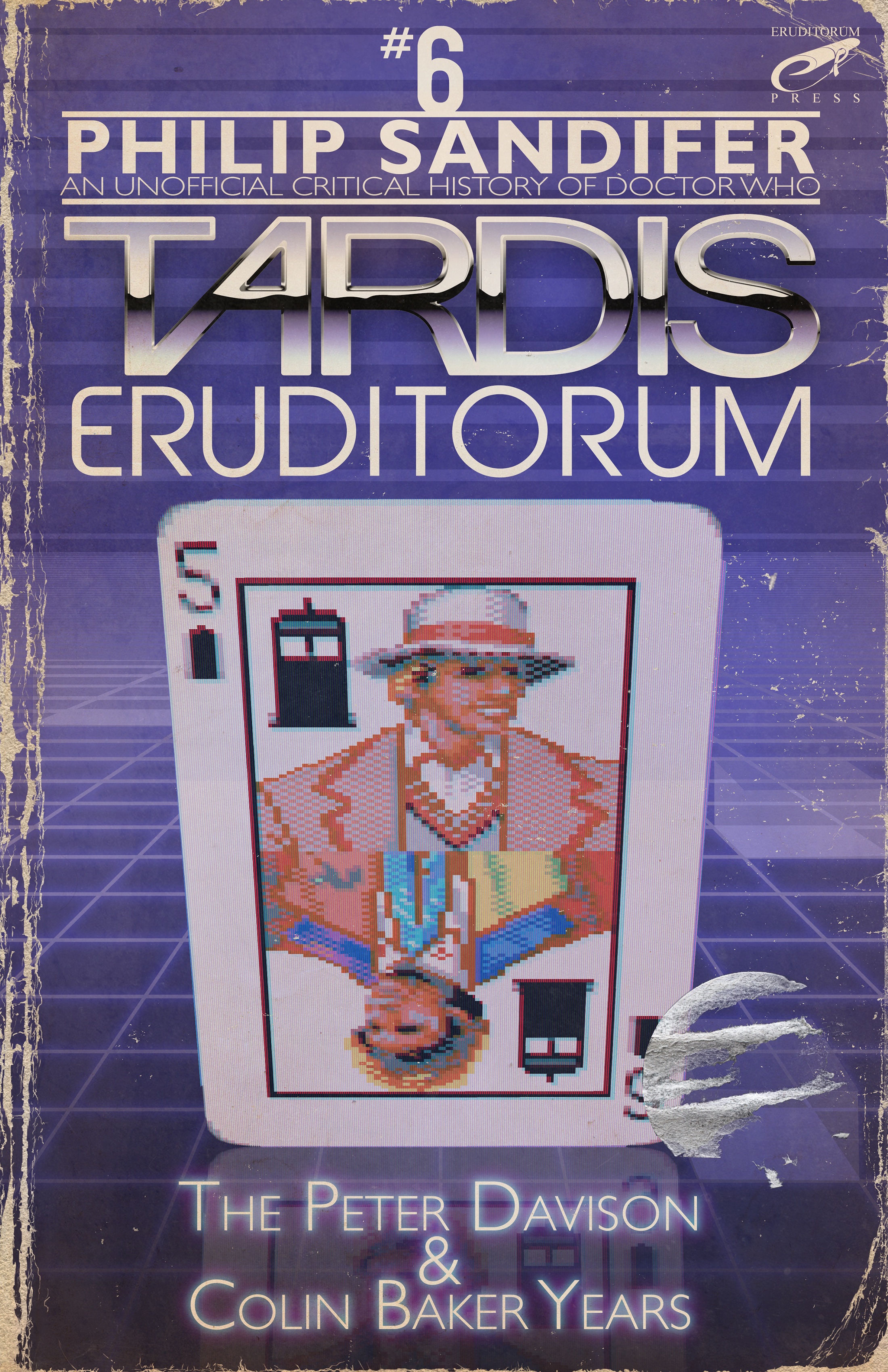
 Soul Blazer
Soul Blazer It is almost possible to dismiss
It is almost possible to dismiss 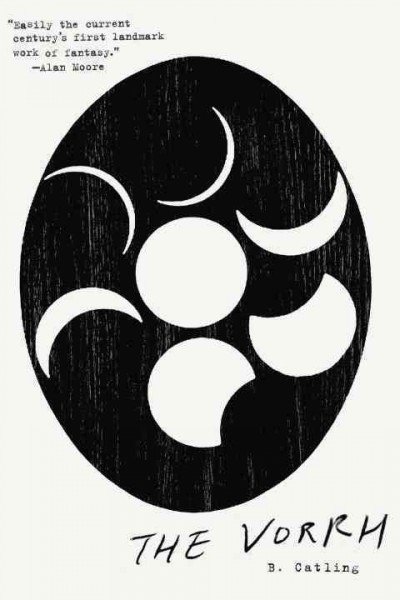

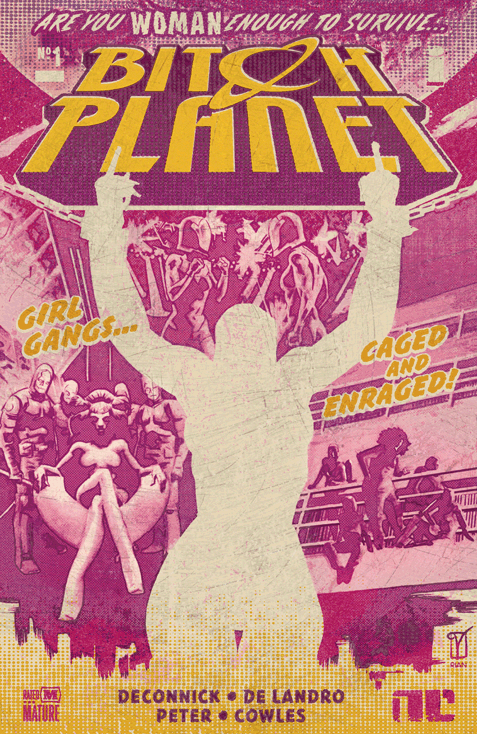 It looks like I forgot to actually name this week’s category last week, so let’s do a fairly easy one, at least in terms of this site’s readership: Best Graphic Story.
It looks like I forgot to actually name this week’s category last week, so let’s do a fairly easy one, at least in terms of this site’s readership: Best Graphic Story.  The lovely folks at Pulpozaur asked me to do an interview with them, which went up today, and is particularly cool to my mind in that the site is a Polish site, and so the interview has been translated, which I believe marks the first time I’ve been translated. I always love seeing which bits of interviews people pull title quotes from – this one’s “Elusive in the same ways as the secret truths of the universe,” which I have to admit, sounds like the sort of quote I’d pull to title something. Here’s the bit of the interview that’s from:
The lovely folks at Pulpozaur asked me to do an interview with them, which went up today, and is particularly cool to my mind in that the site is a Polish site, and so the interview has been translated, which I believe marks the first time I’ve been translated. I always love seeing which bits of interviews people pull title quotes from – this one’s “Elusive in the same ways as the secret truths of the universe,” which I have to admit, sounds like the sort of quote I’d pull to title something. Here’s the bit of the interview that’s from: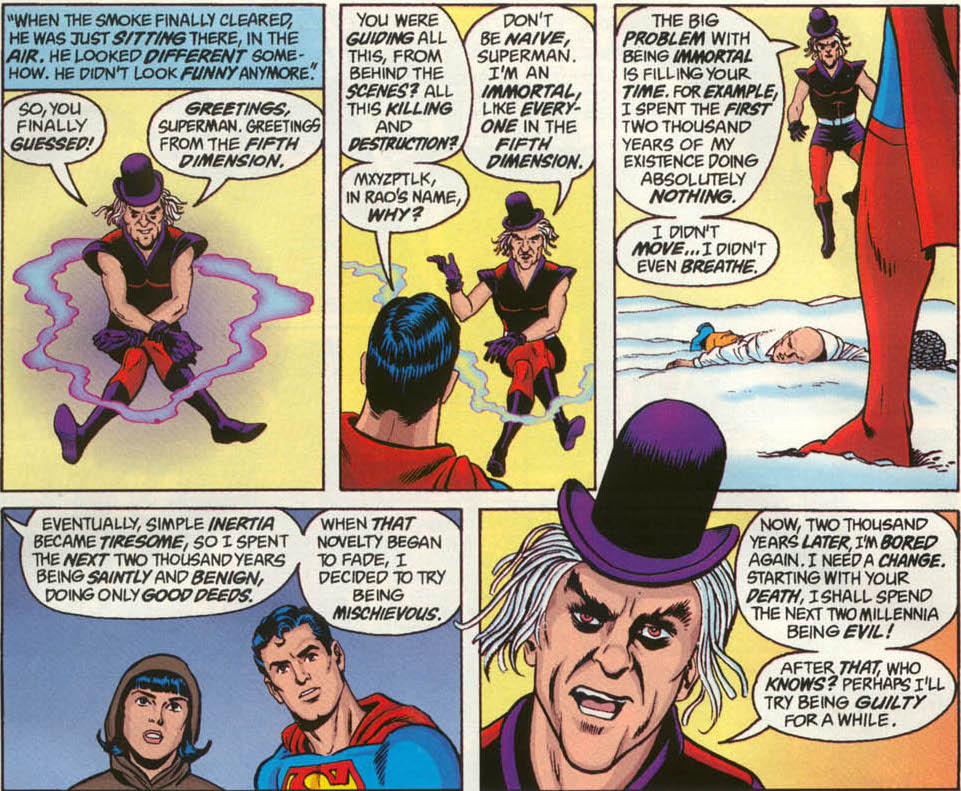
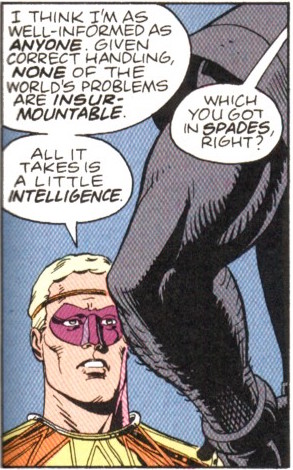
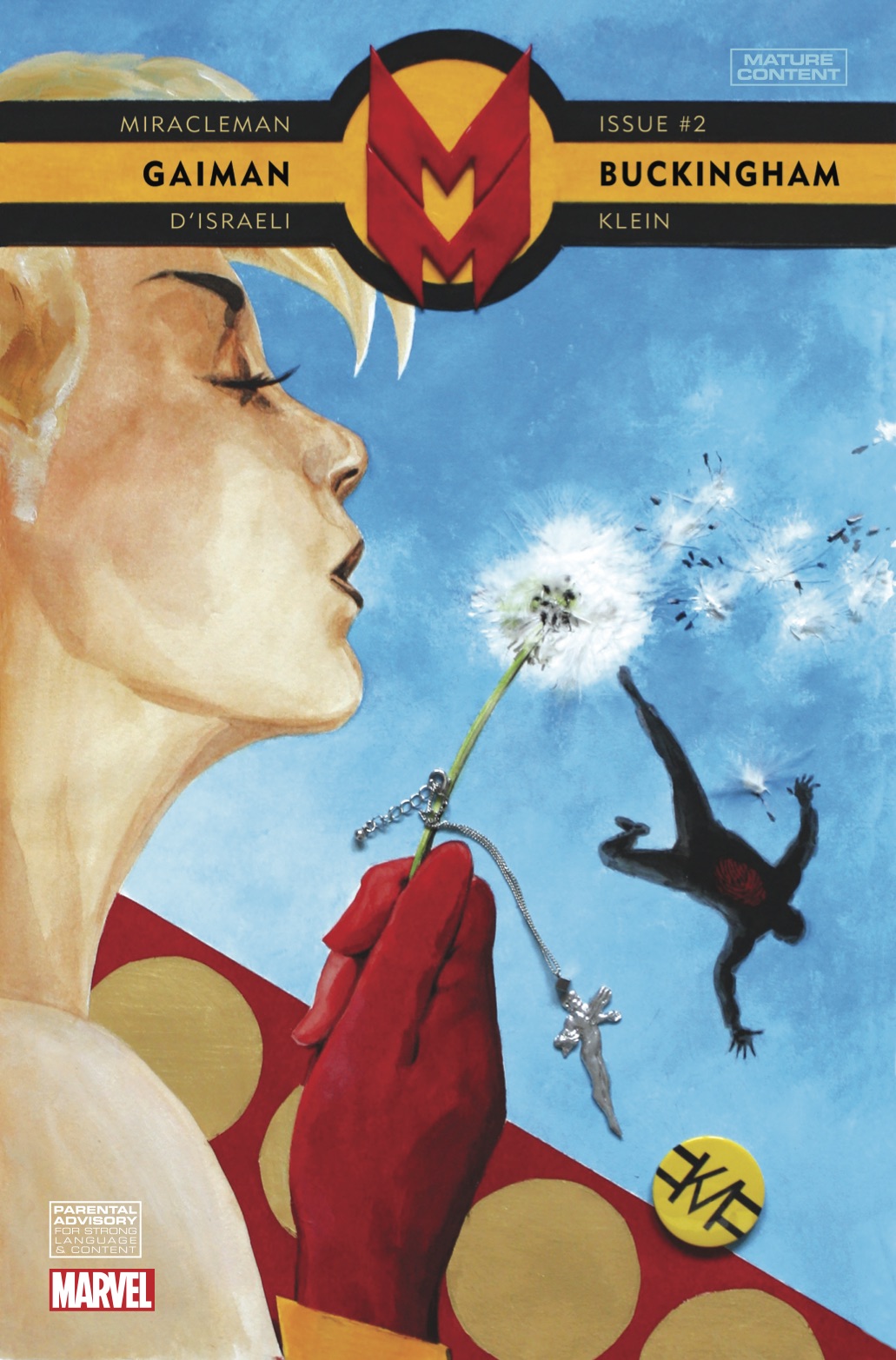 Some quick site announcements, by which I really just mean “yes, we know there are still some things that are a bit wonky and we have our entire IT team on it, but our entire IT team is better known as ‘Anna,’ so it goes at the speed it goes.” Working on the remaining layout and formatting problems now – those on smaller screen resolutions should be having a much better experience than they were yesterday, and we’ll have it even more improved later tonight. Then we’ve got some backend stuff that nobody but me is going to notice like making it so I get comments sent to me via e-mail, and sometime next week or so we’ll start working on redesigning the comment system.
Some quick site announcements, by which I really just mean “yes, we know there are still some things that are a bit wonky and we have our entire IT team on it, but our entire IT team is better known as ‘Anna,’ so it goes at the speed it goes.” Working on the remaining layout and formatting problems now – those on smaller screen resolutions should be having a much better experience than they were yesterday, and we’ll have it even more improved later tonight. Then we’ve got some backend stuff that nobody but me is going to notice like making it so I get comments sent to me via e-mail, and sometime next week or so we’ll start working on redesigning the comment system.